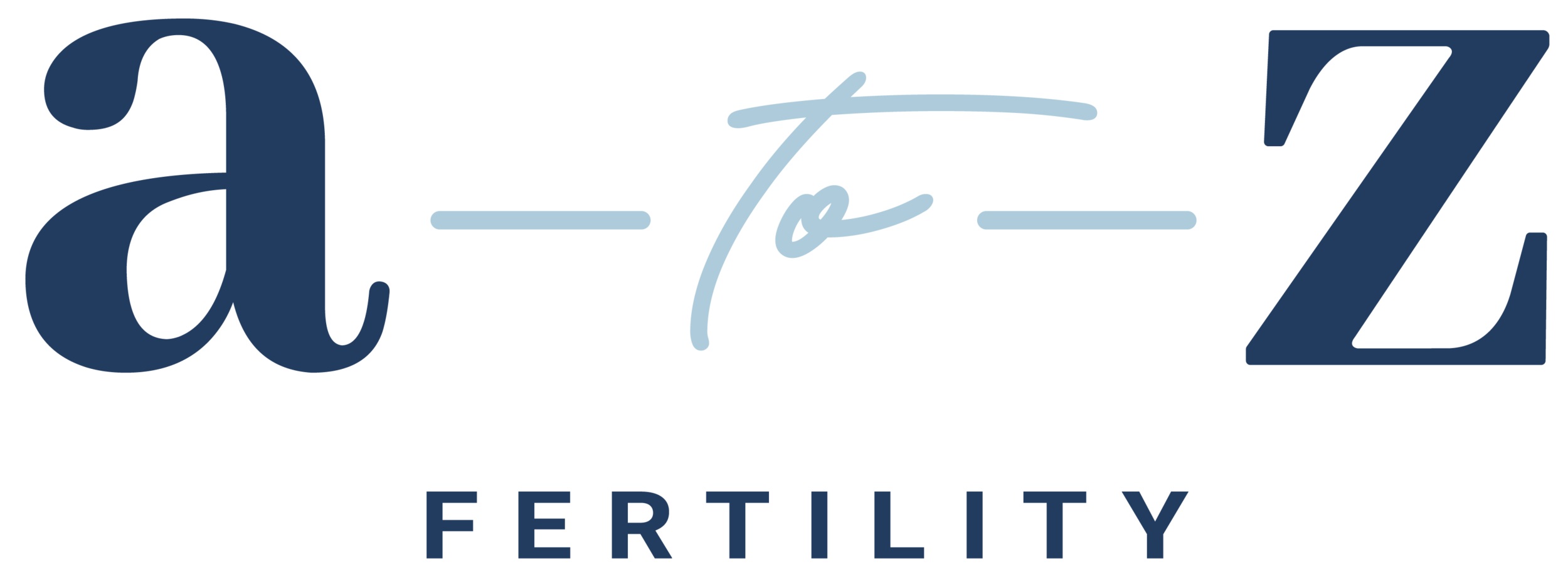NAD+ precursors (NMN and NR) - do They Help to Improve Egg Quality?
Do NAD+ precursors improve egg quality?
Lately there is a bit of buzz about some newer supplements NR and NMN. The early research on NR (nicotinamide riboside) and NMN (nicotinamide mononucleotide) has focused on their anti-aging effects, and now some researchers are investigating if they can improve fertility.
Specifically, there are thoughts that they might help to improve egg quality of “aging” eggs.
While NR and NMN sound very cutting-edge and exciting, should you be considering them as a part of your supplement plan?
Background on NAD+ precursors:
NAD+ is found everywhere in the body, and it is a very important cofactor involved in cellular metabolism and processes such as DNA repair, autophagy, cell survival, adaptive stress response. There's now evidence suggesting that NAD+ levels decline with age, and that this decline is involved in conditions like cardiovascular disease, neurodegeneration, insulin resistance, increased fat storage and production, and loss of muscle strength.
In short, the question is: does keeping NAD+ levels up help to offset changes associated with aging? And if so, can supplements help to do this?
Studies have shown that increasing NAD+ levels inside the cells does increase longevity in mice, yeast, worms, and flies. But we don’t have the same biology as worms, so we’re not really sure yet if this is relevant to us. Even still, these supplements are really popular amongst biohackers and those who are interested in longevity. And because they are generally safe, many people take them hoping that there will be some benefit.
Why NMN or NR?
Taking NAD+ orally doesn't increase levels of NAD+ *inside* the cell. This is why the precursors are being used for their ability to get into the cell (they are smaller) to then produce NAD+. Once in the cytoplasm (inside the cell), NAD+ can get easily into the mitochondria where it can do its work. Human studies do show that giving NR or NMN can increase NAD+ blood levels.
How does this relate to fertility and egg quality?
There are no human studies with respect to fertility yet. There are a couple of mouse studies from 2020 that show NMN supplementation reverses the effects of aging on egg quality, increasing their fertilization rates, embryo development, and live birth rate, by many different mechanisms of action. While mouse studies are very exciting, it would be great to see research conducted on humans, and how it impacts egg quality. We’ll keep watching for these.
Are these supplements safe?
Both NR and NMN studies so far seem to show that they are well-tolerated without any major concerns.
Who should consider taking NMN or NR?
So far, this is unclear. It's interesting from a biological plausibility perspective, and shown to help fertility in a couple of mice studies, but not anywhere close to being proven in human fertility yet. If you tolerate the supplement well and the cost is not a concern, it may be worth adding it to your supplement plan. We recommend consulting with your fertility team first though.
Have we used it WITH our PATIENTS?
We do have some patients who are trying NR and NMN. These are cases where they have already been working on diet and lifestyle modifications, and on the more well-known supplements we recommend for egg quality, yet feel that a change to the protocol is in order. In these cases, the patient and us feel like the potential benefits outweigh the potential risks, and that it is worth trying.
It is too early to say if NMN and NR can make a tangible difference to human fertility and ovarian aging, but we are excited by the potential of these supplements and we will be eagerly watching as the science evolves.
Bottom line
If egg quality is a concern, NMN or NR may be a useful part of your supplement plan.
These supplements are generally considered to be safe, though they can be costly.
Check with your fertility care team to see if either of these supplements are right for you.
References:
1. Miao Y, Cui Z, Gao Q, Rui R, Correspondence BX, Xiong B. Nicotinamide Mononucleotide Supplementation Reverses the Declining Quality of Maternally Aged Oocytes. 2020. doi:10.1016/j.celrep.2020.107987
2. Bertoldo MJ, Listijono DR, Ho WHJ, et al. NAD+ Repletion Rescues Female Fertility during Reproductive Aging. Cell Rep. 2020;30(6):1670-1681.e7. doi:10.1016/j.celrep.2020.01.058


